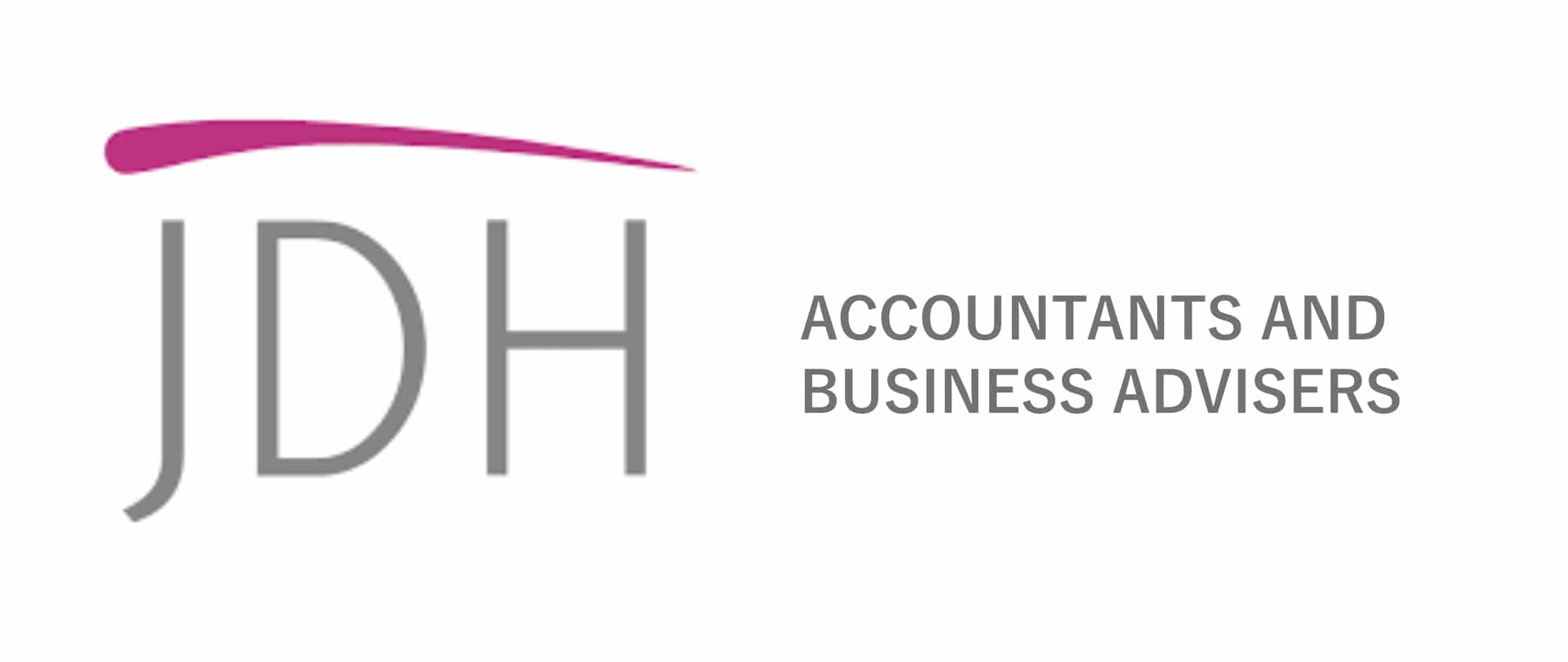What You Need to Know About Filing a Self Assessment Tax Return
Filing a Self Assessment Tax Return can feel overwhelming if you’ve never done it before — or even if you have. Whether you’re self-employed, earning rental income, or receiving dividends, it’s essential to understand when and why you’re required to file.
In this guide, we’ll walk you through who needs to file, when to notify HMRC, what information you’ll need, and the penalties for missing deadlines — so you can stay compliant and stress-free.
Who Needs to Complete a Tax Return?
If you’re an employee, your tax and National Insurance contributions are usually handled through your payroll. When you receive your payslip, all deductions are made automatically. However, if you earn additional income — such as dividends, rental income, or profits from selling assets — you may need to complete a Self Assessment tax return.
Here are the most common reasons you may need to file:
-
You earned more than £1,000 from self-employment
-
You rent out a property
-
You received £10,000 or more from savings or investments before tax
-
You made profits from selling assets (and owe Capital Gains Tax)
-
You’re a company director receiving untaxed income (unless it’s a non-profit)
-
You or your partner earn over £50,000 and are claiming Child Benefit
-
You receive foreign income or live abroad but have UK income
-
Your total taxable income is over £100,000
-
Your State Pension exceeds your personal allowance and it’s your only income
Even if some income is taxed at source, untaxed earnings must still be reported — which is why many people fall into the Self Assessment category without realising it.
When Should You Tell HMRC?
If you start earning untaxed income, you must notify HMRC within 3 months. While penalties for late notification are rare, delays can still cause problems — particularly when applying for your UTR (Unique Taxpayer Reference).
Here’s what to remember:
-
Register online as soon as possible
-
Allow time for your UTR to arrive (this can take several weeks)
-
Deadlines matter:
-
Paper tax returns must be filed by 31 October
-
Online returns and tax payments are due by 31 January
-
Missing these deadlines can result in automatic penalties, so don’t leave registration to the last minute.
What Information Will I Need?
Filing a Self Assessment Tax Return becomes much easier when you’re well prepared. Before you start, make sure you have the following details on hand:
-
National Insurance number
-
UTR (Unique Taxpayer Reference)
-
P60 or P45 showing income already taxed
-
Records of all untaxed income (self-employment, dividends, rental income)
-
Business expenses (if self-employed or renting property)
-
Details of pension or charity contributions eligible for tax relief
Staying organised throughout the year can save you a lot of time — and stress — come January.
Penalties for Late Filing
HMRC is strict about deadlines — and missing them can cost you. Here’s how the penalties break down:
-
Missed deadline (31 Jan): £100 fixed penalty
-
30 days late: Additional 5% of tax due
-
3 months late: £10 daily penalty (up to £900)
-
6 months late: £300 additional penalty (or 5% of tax due, whichever is higher)
-
12 months late: Another £300 penalty or 5% of unpaid tax
Avoiding these fines is simple — just submit your return on time and pay any outstanding tax by the deadline.
Want to Maximise Your Tax Efficiency?
If you’re still unsure about filing a Self Assessment Tax Return, or want to make sure you’re claiming everything you’re entitled to, we’re here to help.
👉 Get in touch with us today to speak to one of our experts — or explore our services designed to make your tax return accurate, timely, and stress-free.

